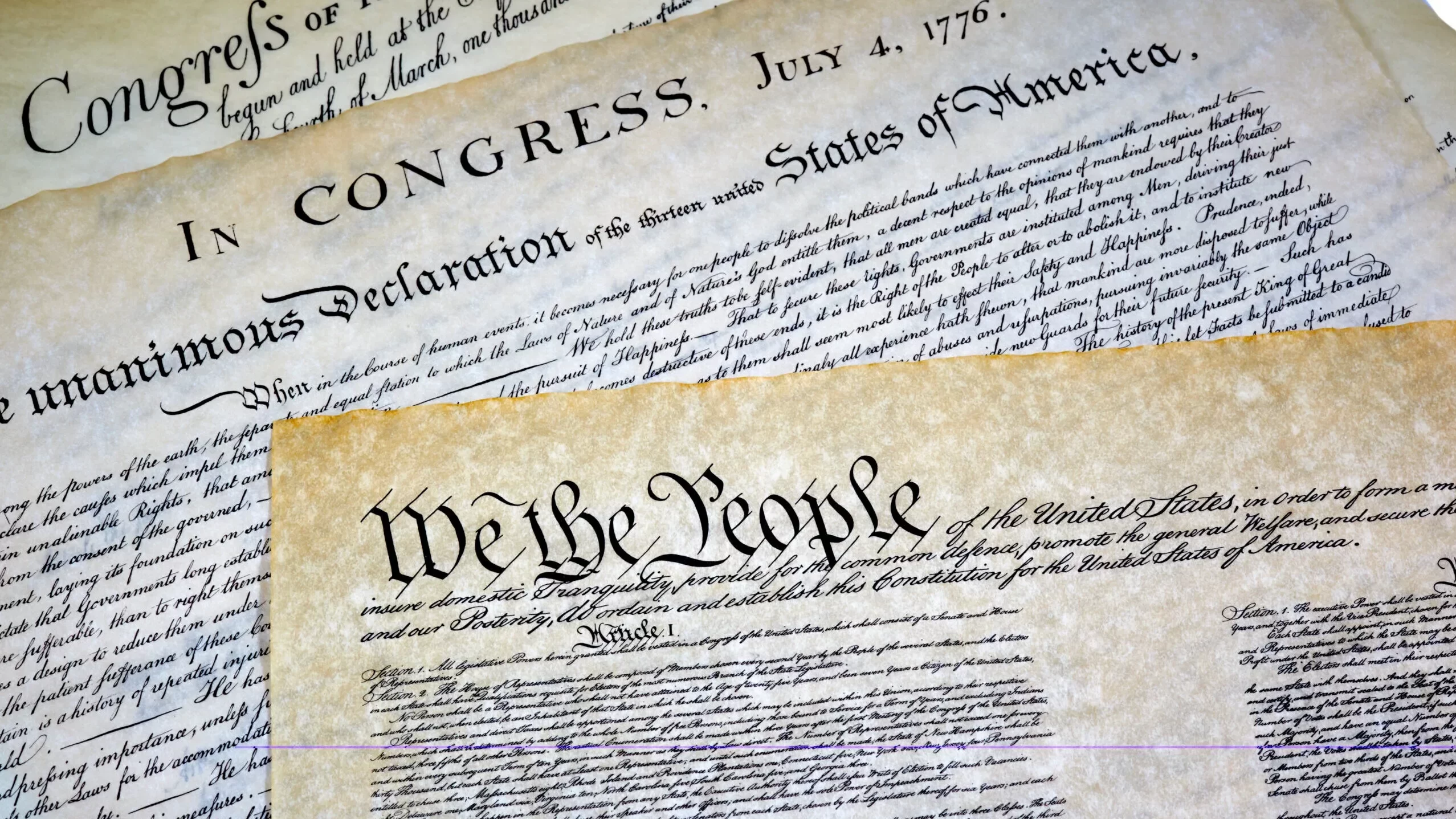In today’s turbulent times, the specter of turning America into a religious monoculture looms large, posing a severe threat to the very essence of our nation’s liberal democracy. This danger is amplified by lawmakers who, cloaked in the guise of conservatism, relentlessly pass legislation that stifles freedom of thought, conscience, and religion. Their actions and rhetoric not only contravene democratic norms but also starkly undermine the Founders’ vision of a nation built on universal equality and natural rights.
The Alabama Legislature has joined a growing national movement to curtail the rights and liberties of its citizens. Their efforts go beyond the typical political posturing and veer into a dangerous territory that threatens to reshape the very underpinning of our society. This regressive push targets the most vulnerable among us, starting with women, whose status as autonomous individuals with sovereign rights over their bodies and personal choices is under attack.
Alabama’s anti-choice legislation, with its restrictive bans and punitive measures, is a stark reminder that in some parts of America, a dog has more rights than the average woman. It’s an affront to the foundational principle that each person has a right to make personal decisions without government interference. This assault on women’s autonomy is not only a violation of personal rights but also a clear signal that the state is willing to impose its narrow moralistic views on others. These misogynistic laws scream a disturbing message to women and young girls: to conservatives, their primary worth is reduced to nothing more than incubators or broodmares.
But it’s not just women who are feeling the chill. Alabama’s laws targeting transgender youth and their parents send a clear message: some lives are more valuable than others. By restricting healthcare access and parental rights, these laws tell parents that they can’t be trusted to make decisions about their own children’s well-being. The impact on transgender youth, who are already among the most vulnerable, is profound and far-reaching.
The same is true for the LGBTQ+ community, whose rights are under constant attack. Whether it’s legislation that bans gender-affirming care, discriminatory practices in the workplace, or the denial of their role in history or equal representation in education, the message is clear: those who don’t conform to white, Christian traditions are seen as “others,” undeserving of the same rights and privileges as everyone else. This marginalization is antithetical to the founding principles of the nation, which envisioned a non-discriminatory society.
The oppression of some will one day lead to the oppression of all. Those who seek to control others by tearing down the foundational principles of government are not patriots but would-be dictators, bent on destroying the institutions that have protected individual liberties for centuries. The very foundation of our country and state cannot remain intact if the pillars of freedom and liberty are not upheld universally.
As Thomas Jefferson famously said in his “Notes on the State of Virginia,” “But it does me no injury for my neighbor to say there are twenty gods, or no God. It neither picks my pocket nor breaks my leg.” This sentiment underscores Jefferson’s staunch advocacy for the separation of church and state, a principle that today’s lawmakers seem all too eager to ignore. When legislation is driven by religious zealotry, it invites government interference in the personal lives of its citizens, threatening the very essence of liberty.
Democracy’s sustainability hinges on the populace valuing liberty and equality not just for themselves, but for everyone. The anti-democratic behaviors we witness today echo historical resistance to these ideals, signaling that many proponents of this regressive agenda align themselves with an anti-liberal tradition diametrically opposed to the Founders’ vision of a diverse and inclusive society.
Has the nation always lived up to its founding principles? No, absolutely not. But it’s not merely that the revolution was imperfect — it’s that it has catalyzed an evolution in the very essence of life, liberty, and the pursuit of happiness for all, thereby broadening the scope of equality and justice.
The American Dream morphs into a grounded understanding of democracy, rights, liberty, opportunity, and equality—not just for a privileged few, but for every single individual striving within the nation’s borders. This evolution spotlights the stark disparities that have plagued our system, challenging us to confront the bitter realities and push for a truly inclusive society.
As we face these challenges, it is crucial to remember that safeguarding our liberal democracy is not just about resisting those who flout its rules — it is about actively promoting and living its values. The fight to maintain our nation’s core principles is ongoing and demands vigilance, dedication, and, most importantly, a profound commitment to the universal ideals of equality and justice. If we fail to uphold these ideals, the promise of the American Dream will be nothing more than a distant memory.



















































